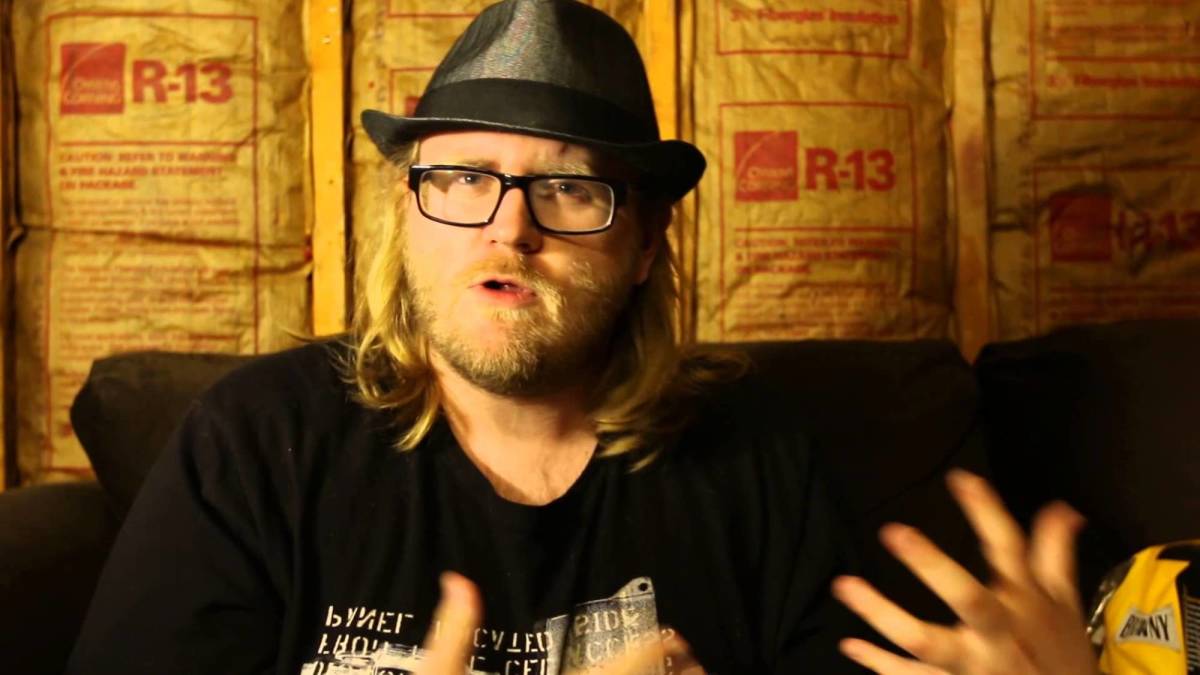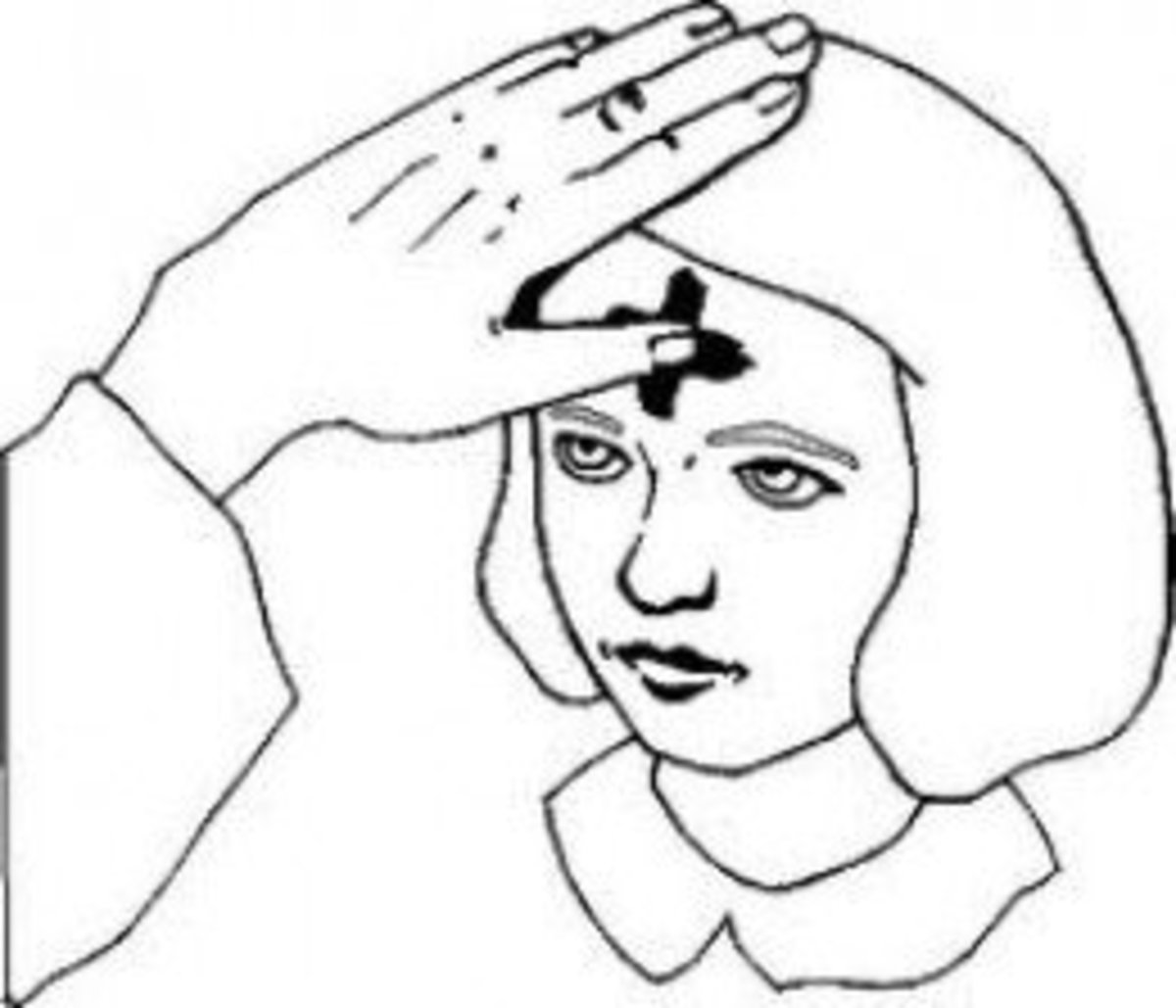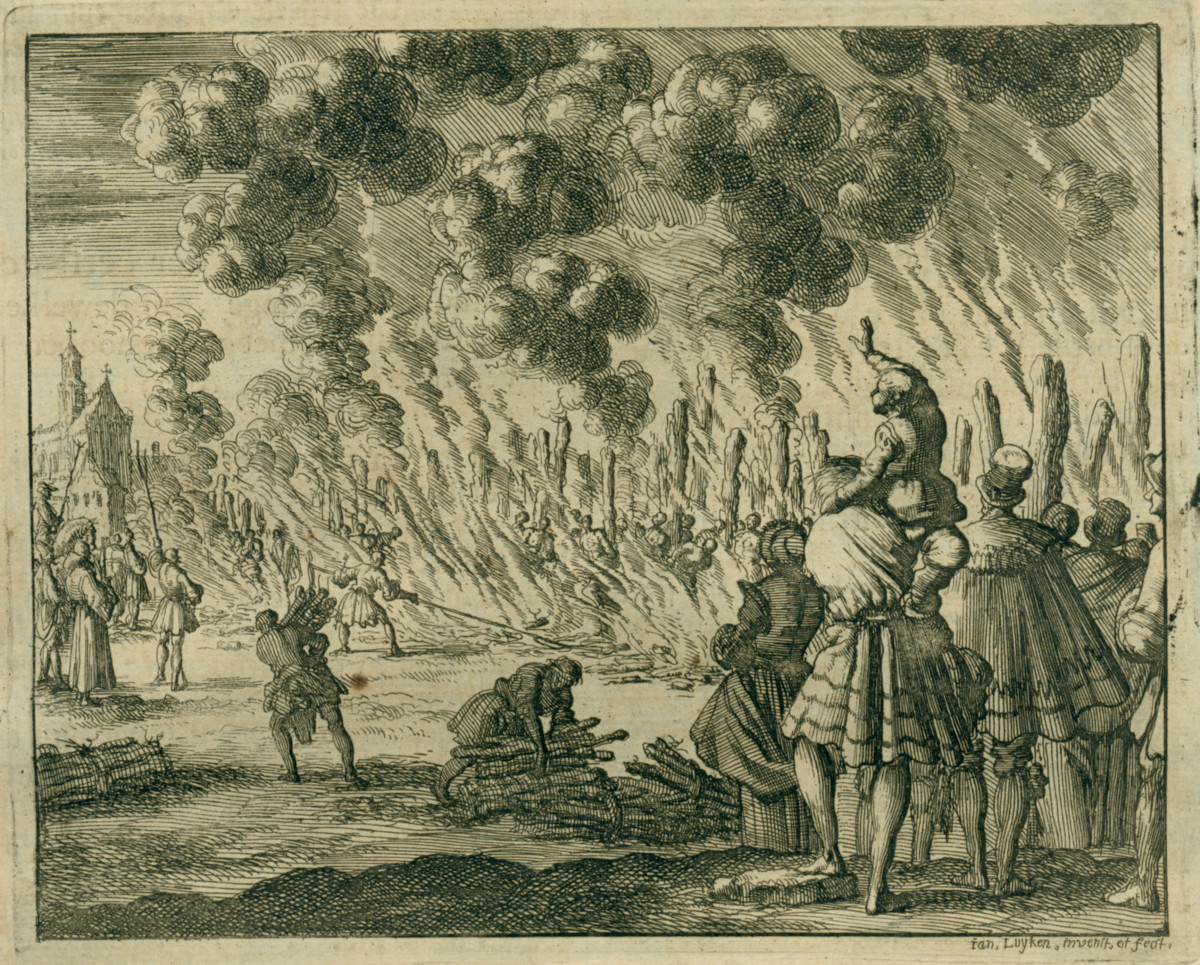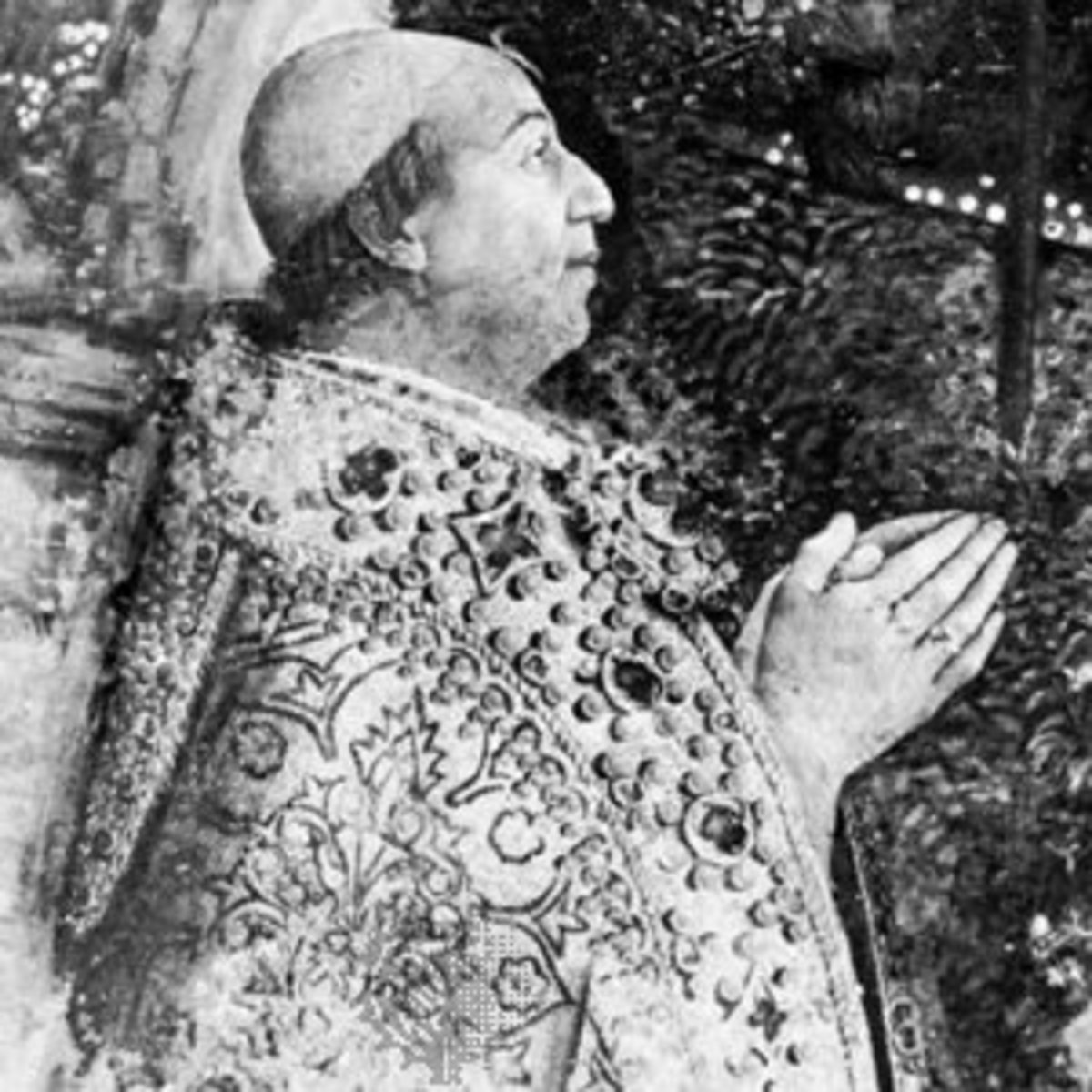Reflections on the Shared Origins of Atheism and Religious Fundamentalism

Siblings Start the Bloodiest Fights
Atheism and Christian fundamentalism are understood by proponents of both views to be polar opposites, as far apart as any two systems of thought could possibly be.
In fact, the contemporary debate is so rancorous that people not taking either position tend to run once the fighting starts.
Yet atheism and fundamentalism share many basic tenets and similar approaches to knowledge.
Atheism and fundamentalism are rooted in the same radical historical moment: a revolutionary upheaval during which the popular understanding of both religion and knowledge were turned inside out, and the sacred and secular spheres of every day life were sharply cleaved in two.
After nearly 400 years, atheism and fundamentalism have become near-mirror images of each other. One side takes a sacred perspective, the other a secular one. Both are fighting for the same scrap of authoritative space.

The Catholic Church & Events Leading Up to the 17th Century
During the 12th through the 16th centuries, the Catholic Church was busy tracking down and executing witches and grabbing their land and possessions for Church use.
At the same time, a series of four Church tribunals known informally today as 'the Inquisition" was intently identifying heretics (people who disagreed with Church doctrine), apprehending and torturing them, and then handing them over for public execution.
During all this time, the Catholic Church and the political structure of Europe were basically one and the same. Kings received their authority through God and maintained that authority through the Church. Kings did not rule at the will of or for the benefit of the people; Kings ruled by way of Divine Right and answered to God only.
The power of Kings (from God) was transferred and affirmed through religious ceremony.
In a similar way, during this same period the Catholic Church claimed absolute intellectual authority. All power, all knowledge, all expertise and insight was seen as flowing from God downward through the Church hierarchy.
During the medieval period, the only way for a woman to receive any education and be safe from the dangers of childbearing was to enter a convent. All schools were Church schools. Most families marked at least one child to become a part of the clergy, and many families sent their girls to convents to protect them.
Given the Church monopoly on power and authority and the rampant abuse of that power during the witchcraft trials and the Inquisitions, it is surprising that it took three hundred years for rebellion to catch fire.
By the early part of the 17th century, catch fire it did.
By the start of the 17th century, intimidation and terror were no longer buying the Catholic Church the respect and obedience it needed to maintain its own kind of order, and the social and intellectual structures of the West began to change.
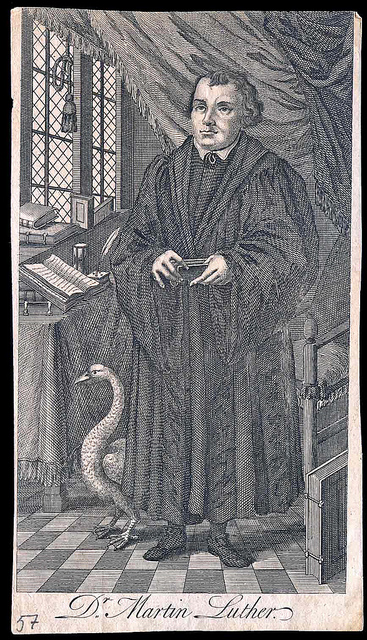
The English Civil War & the Scientific Revolution
The Protestant Reformation actually started in the early 16th century with Martin Luther's 95 Theses criticizing the selling of indulgences.
An indulgence was a papal pass out of purgatory that could be purchased. The notion that forgiveness can be sold like cars or dinnerware is offensive to most Christians today, including Catholics, but at the time it was standard practice.
Britain got a head start on the Reformation with the ascendance of King Henry the VIII to the throne in 1509. King Henry broke with the Catholic Church for personal and political reasons, establishing the Anglican Church and outlawing the 'bells and smells' aspects of Catholicism. He also dismantled the monasteries in Britain.
By the early 17th century, anti-Catholic sentiment in Britain was so intense and pervasive, that when Charles I took a Catholic wife, all hell broke loose.
The English Civil War, also known as The Great Rebellion and The Cousin's War, is incredibly complex, and is often broken down into three separate parts by British historians. For the purposes of this essay, all that really needs to be pointed out here is that this war (or series of wars) ended with the establishment of Parliament as the main governing body and the monarchy as a soon-to-be decorative feature.
In short, politics was dragged kicking and screaming out of the sacred sphere and into the secular sphere.
At the same time, philosophers and scientists on the European continent were challenging the authority of the Church on matters of knowledge and inquiry. When Rene Descartes came to his now famous Cogito statement (cogito ergo sum, or, I think, therefore I am) he was looking for a sound basis for faith, not making an ontological statement about self or a plea for reason as a replacement for faith.
Over time, however, Descartes' "moment of radical doubt" became something of an advertising slogan for the triumph of reason over superstition, a result he never intended.
It's interesting, in the light of the current fight between atheists and religious fundamentalists, to note that in Descartes' own time he was blasted by both religious critics and rationalists alike.
His religious critics complained that Descartes only used God to get the universe started, then kicked Him out of creation so man could take over. His rationalist critics challenged Descartes' inclusion of God at all, and questioned whether he truly had the courage to finish what he started.
If that quarrel sounds familiar, it's because it is.
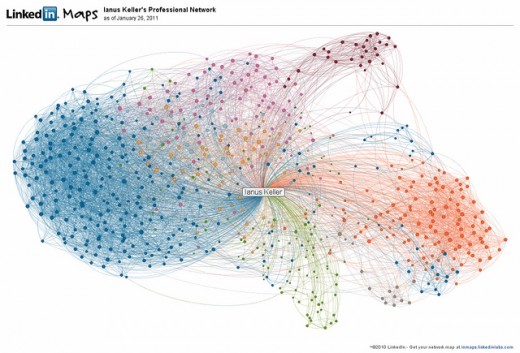
Memes and Viral Philosophies
Today, atheists and fundamentalists are fighting over conceptions of science and religion that are at least 400 years old.
Revolutionary ideas from the late 16th and early 17th century have been boiled down to a sort of viral soup, creating opposing ideologies that, ironically, share many common features and differ only on matters of the legitimacy of secular versus sacred knowledge.
In short, atheists and fundamentalists are fighting over which viral meme should claim absolute authority in the 21st century, using caricatures of 17th century ideas that were much more complex than that even when they were current, hundreds of years ago.
Some of the similarities and shared assumptions of atheists and fundamentalists include:
- Reductionism: Both atheists and fundamentalists believe that the best way to understand complex ideas is to boil them down to their simplest parts.
- Positivism: Both atheists and fundamentalists believe that the only valid knowledge comes from evidence-based verifiable data. The basic structure of positivism is retained in fundamentalist arguments, the only difference being that fundamentalists look to scripture for 'evidence' while atheists look to the material world.
- Ridicule of All Other Claims to Knowledge: Both atheists and fundamentalists ridicule intuitive claims to knowledge, experience presented as evidence, and interpretative approaches to both science and text. This tendency to ridicule is emotionally satisfying to those engaged in this battle directly, but not very persuasive intellectually to those standing outside of it.
- Demonization of the Catholic Church: Both atheists and fundamentalists are virulently anti-Catholic.
- Rejection of Contemporary Trends and New Discoveries: Fundamentalists reject all other forms of religion, including other forms of Christianity. Atheists cling to an antiquated understanding of science that even science no longer shares, including a belief that a detached observer is possible, even though Heisenberg's experiments in 1932 showed that the observer becomes a part of the observed system and the presence of the observer affects the outcome. Atheists also insist that only material reality is real, and that causal relationships define all systems (even though it has been shown experimentally and that causality is only one possible relationship between events.)
- Heavy-handed Proselytizing: Both atheists and fundamentalists vigorously attack ambiguity in any form in an effort to win converts.
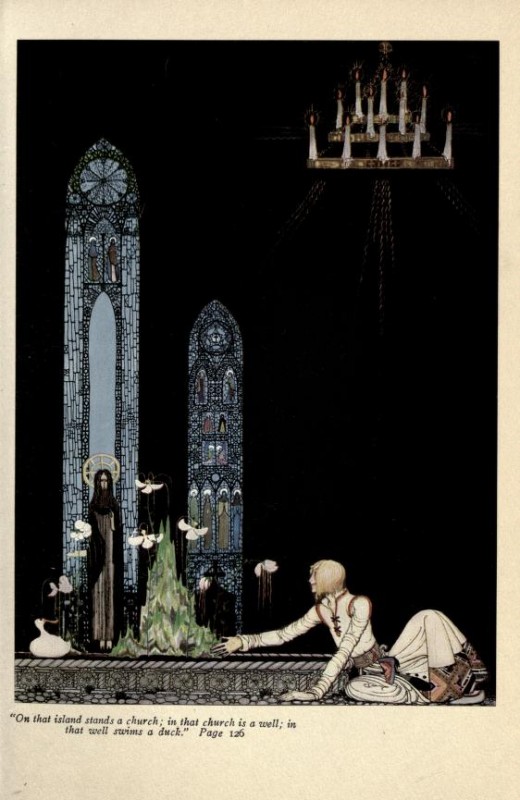
Beyond Authority
Authority is rapidly losing its usefulness as an organizing concept.
Rapid developments in technology and communication are making cooperation and flexibility more practical and productive than fights about who is in charge.
The world wide web, social media, instant communication, the increasing irrelevance of the nation state as a political identifier, the rise of multiculturalism, and radical changes in the nature of work are breaking down hierarchies at breakneck speed.
Even in publishing, traditional notions about authorship and authority are undergoing dizzying change, and creative approaches to new problems are valued much more than credentials or bona fides.
The battle between atheism and religious fundamentalism can be seen as the last gasp of a dying era in which the question, "Who gets to be the boss?" is barely even relevant anymore, and the question, "Does God exist?" seems almost beside the point.
The "God" in question, after all, is the personification of ultimate authority, the very pinnacle of the cosmic hierarchical structure.
But what if the cosmos isn't arranged hierarchically?
New questions = new answers = new structures.
While viral thinking spreads more quickly than ever imagined over the web and social media, the ideas expressed in such 'thinking' pop and evaporate almost the minute they appear. What is needed much more than these intellectual soap bubbles is a new way of imagining structure and community, but change is messy, and predictions are even messier.
Of one thing I am almost certain:
In the not so distant future, the vitriolic fight for authority between religious fundamentalists and atheist will be little more than a bizarre footnote in a much more engaging text about the 21st century technological revolution.



